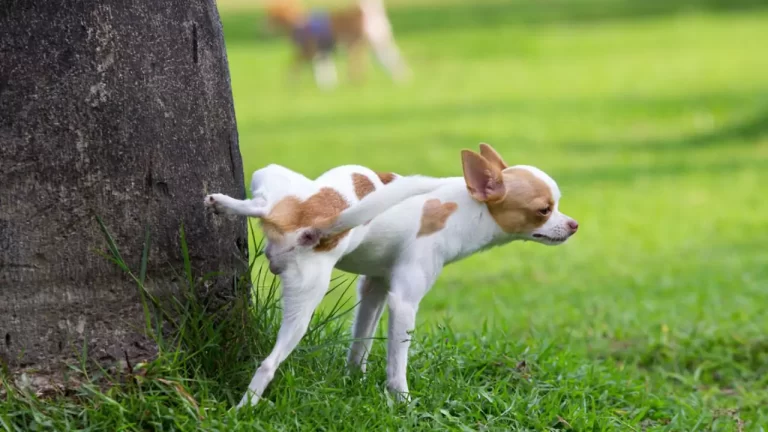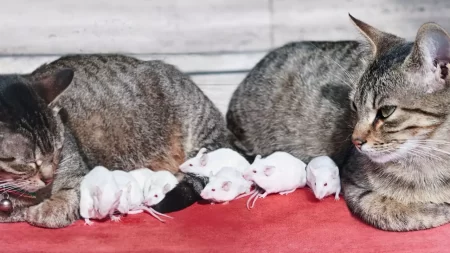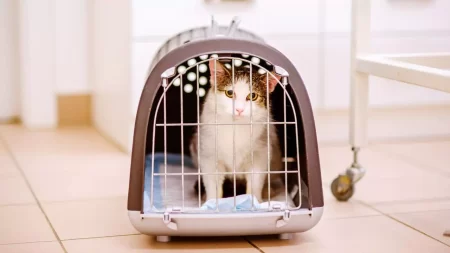Yes, cats can be attracted to the scent of dog urine. There are several reasons why cats may show interest in the urine of dogs. Understanding cat behavior and taking steps to discourage attraction to dog urine can help prevent issues in multi-pet households.
Understanding Cat Behavior Towards Dog Urine
Cats can be drawn to the scent of dog urine for a few key reasons:
Attraction to the scent of dog urine
Cats have a strong sense of smell, so the scent of another animal’s urine can attract their attention. Some cats may sniff or investigate spots where a dog has urinated simply out of curiosity about the new smell.
Marking territory
Cats are very territorial, and they use urination to mark areas they consider their own. When a dog urinates in the house, the cat may want to mark the same spot with its own scent. This is a natural territorial behavior in cats.
Competition between cats and dogs
Cats and dogs are natural competitors. Where dogs urinate can send a signal that the dog is claiming an area. The cat may be attracted to that spot to try to leave its own scent mark in competition with the dog. Rivalry between the species can drive this behavior.
How to Prevent Cats from Being Attracted to Dog Urine?
There are a few tactics you can use to discourage a cat’s interest in dog urine:
Clean up dog urine promptly
Thoroughly cleaning spots where a dog urinates removes the scent that attracts cats. Use an enzymatic cleaner made specifically to eliminate pet urine odors. The sooner you clean up after the dog, the less likely the cat is to detect any lingering scent.
Use deterrents or barriers to keep cats away from dog urine spots
If there are certain areas the dog tends to urinate, make that spot undesirable to cats. Place foil, double-sided sticky tape or a vinyl carpet runner upside down in the area to discourage the cat from investigating. You can also place a litter box or food bowl over a frequent dog urine spot to block the cat’s access.
Provide separate litter boxes for cats and dogs
Having separate litter boxes eliminates the chances of a cat being drawn to a box soiled by dog urine. Place litter boxes for each animal in different locations. Clean all boxes frequently to minimize odor buildup.
Risks and Considerations
Allowing a cat access to dog urine carries some potential risks and challenges:
Health risks associated with cat exposure to dog urine
There is a small risk of transmission of some parasites like hookworms and roundworms from dog feces and urine to cats. Any illness or medication the dog is on could also potentially be passed through urine. Limiting access helps avoid these health risks.
Preventing conflicts between cats and dogs in multi-pet households
Urine marking by both cats and dogs can trigger territorial disputes. The cat being attracted to dog urine spots could lead to confrontation between pets. It’s best to discourage this behavior to maintain a harmonious home.
In conclusion, many cats are naturally attracted to the smell of dog urine for instinctive reasons like territorial marking and rivalry. While this is normal feline behavior, it’s best to use tactics like prompt clean-up and access limitations to prevent cats from lingering around dog urine. This helps reduce health risks for the cat and territorial disputes between pets. With some effort, cat and dog lovers can maintain peace in a multi-species household.







